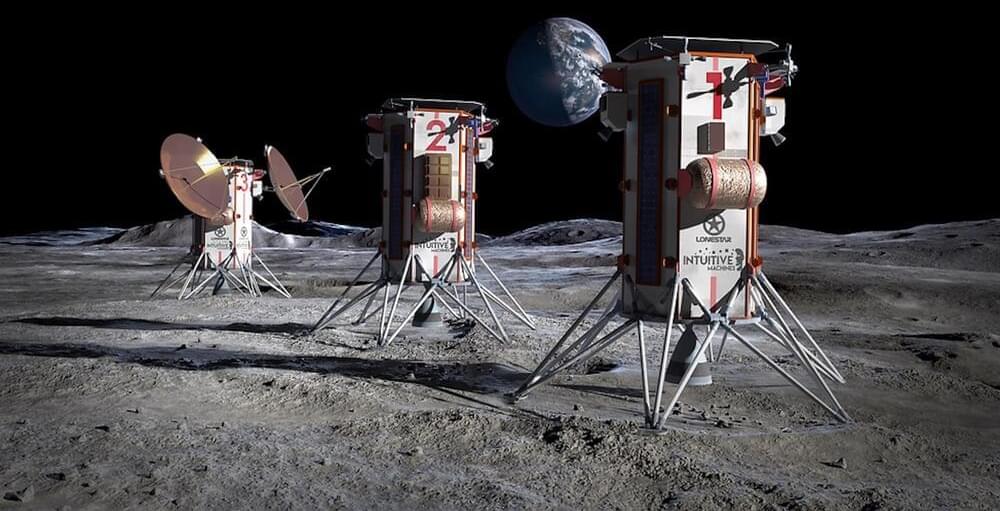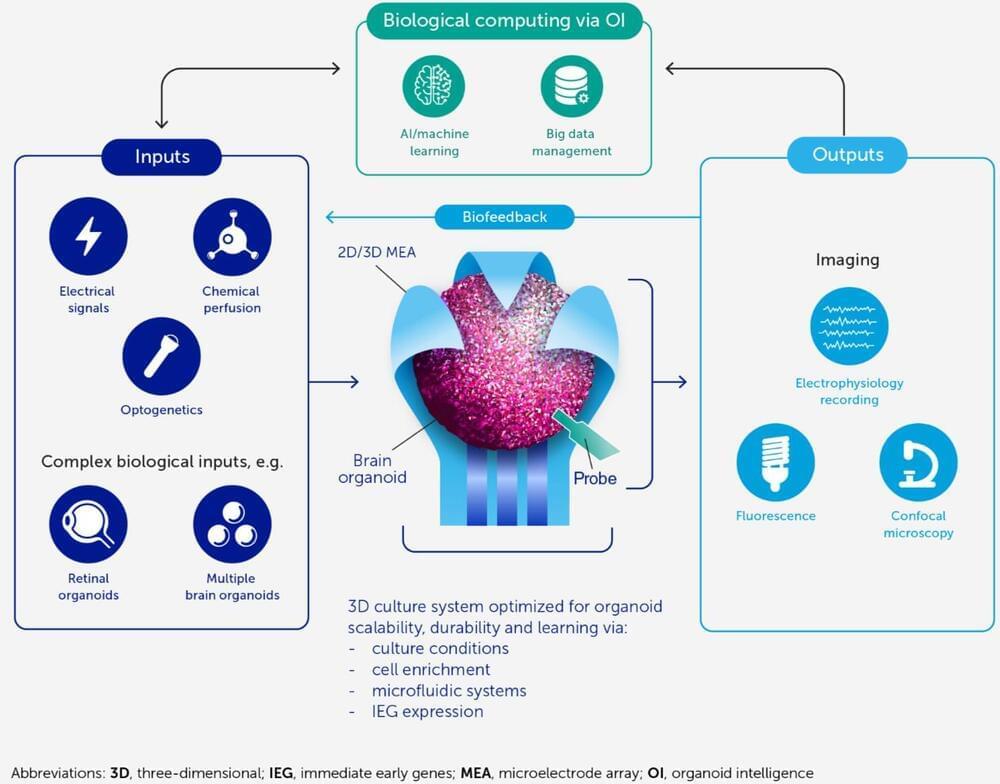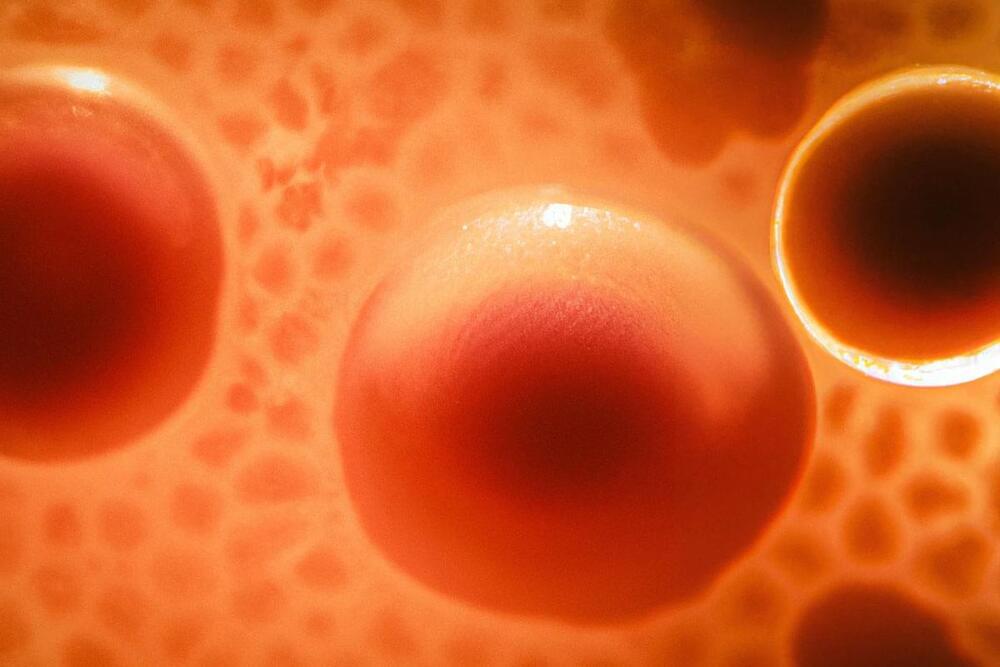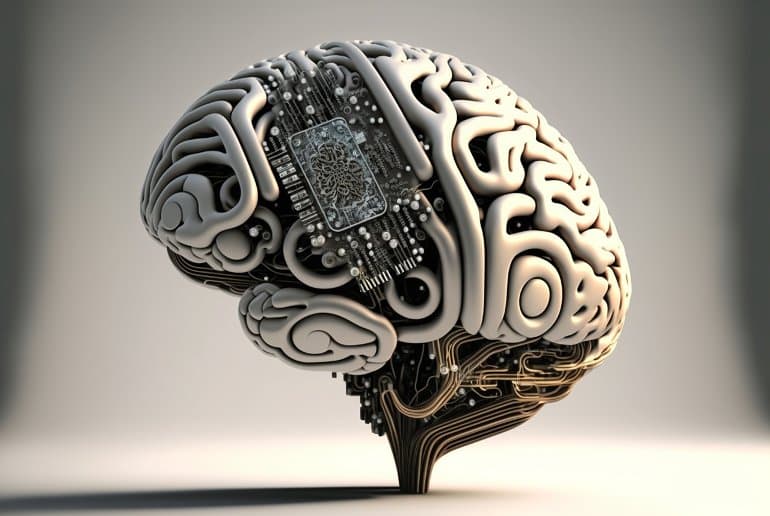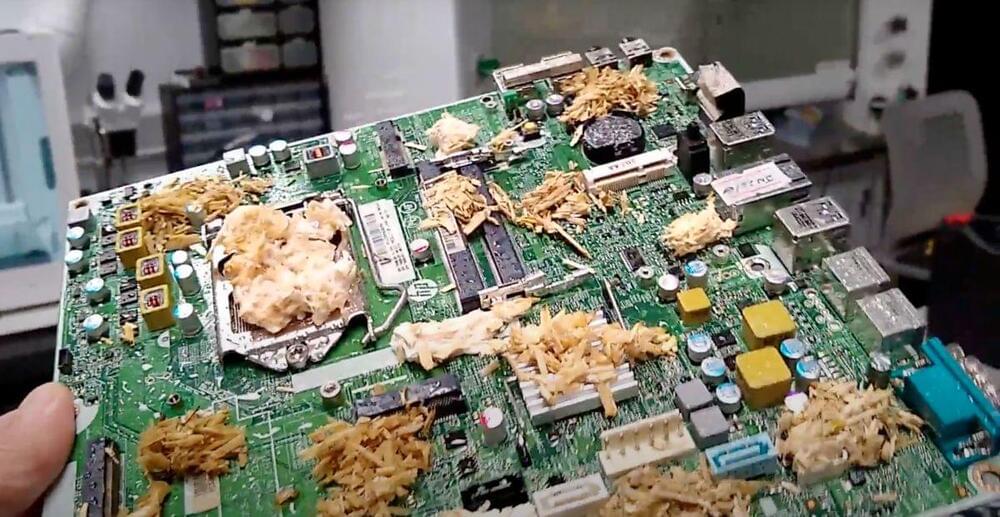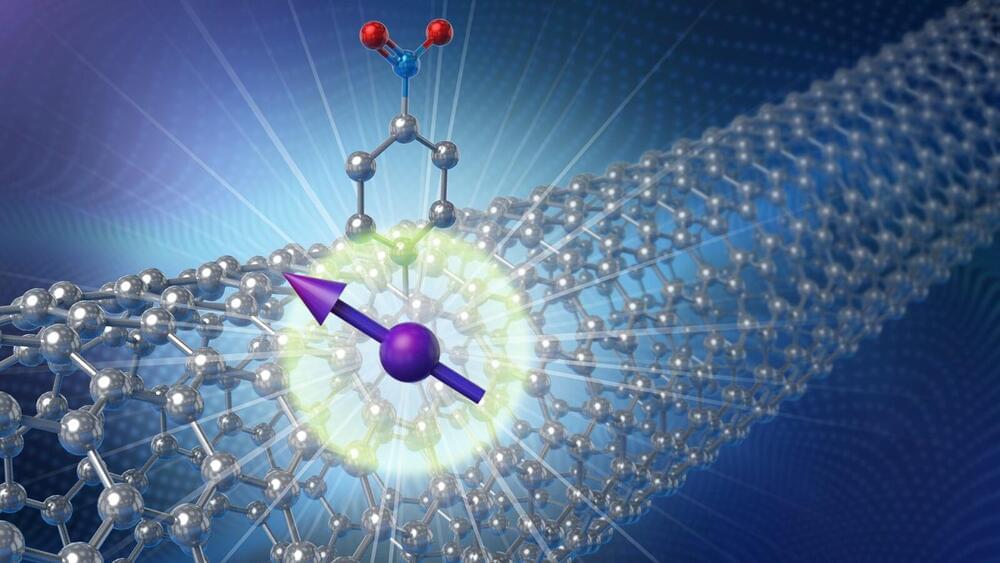HRL Laboratories, LLC, has published the first demonstration of universal control of encoded spin qubits. This newly emerging approach to quantum computation uses a novel silicon-based qubit device architecture, fabricated in HRL’s Malibu cleanroom, to trap single electrons in quantum dots. Spins of three such single electrons host energy-degenerate qubit states, which are controlled by nearest-neighbor contact interactions that partially swap spin states with those of their neighbors.
Posted online ahead of publication in the journal Nature, the HRL experiment demonstrated universal control of their encoded qubits, which means the qubits can be used successfully for any kind of quantum computational algorithm implementation. The encoded silicon/silicon germanium quantum dot qubits use three electron spins and a control scheme whereby voltages applied to metal gates partially swap the directions of those electron-spins without ever aligning them in any particular direction. The demonstration involved applying thousands of these precisely calibrated voltage pulses in strict relation to one another over the course of a few millionths of a second. The article is entitled “Universal logic with encoded spin qubits in silicon.”
The quantum coherence offered by the isotopically enriched silicon used, the all-electrical and low-crosstalk-control of partial swap operations, and the configurable insensitivity of the encoding to certain error sources combine to offer a strong pathway toward scalable fault tolerance and computational advantage, major steps toward a commercial quantum computer.
